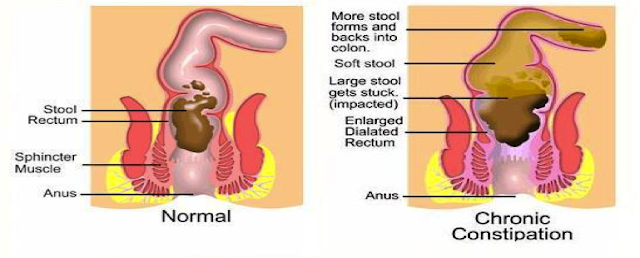Life insurance is a agreement between an insured and an
insurer or customer, where the customer promises to give a assigned beneficiary
a sum of money after the death of the insured person.
Life insurance policy
Life insurance policy provides lifetime death benefits
coverage. There are many types of life insurance that can help you in future
with the facilities and benefits.
Types of life insurance
Life insurance can be divided into two categories:
Temporary
·
Term
Permanent
·
Universal
·
Whole life
·
Endowment life insurance
Term insurance
Term insurance provides life insurance coverage for a
specific time of period. The policy does not generate cash value. Term is usually
judged "pure" insurance, where the premium buys protection in the
event of death and no more.
There are three key factors to be considered in term
insurance:
1. Face
amount (protection or death benefit)
2. Premium
to be paid (cost to the insured), and
3. Length of
coverage (term).
Term insurance is a one year policy, but the company
guarantees that it will issue a policy of an equal or lesser amount apart from
of the insurability of the applicant, and with a premium set for the
applicant's age at that time. Term insurance is categorized in temporary
insurance.
Permanent Life Insurance
Permanent life insurance is life insurance that remains
active until the policy grown-up, unless the owner faces over dues. The policy
cannot be removed by the insurer for any reason except fraudulent application,
and any such cancellation must occur within a period of time. A permanent
insurance policy builds up a cash value and thus the insurance expense over
time. This means that a policy with a million dollar face value can be
relatively expensive to 80 years old. The owner can access the money in the
cash value by withdrawing money, scrounging the cash value, or surrendering the
policy and getting the give up value.
The three basic types of permanent insurance are whole
life insurance, universal life and endowment life insurance.
Whole Life Insurance
Whole life insurance provides lifetime death benefit
coverage in most cases. Premiums are
much higher than term insurance at younger ages, but as term insurance premiums
rise with age at each renewal, the increasing value of all premiums given across
a lifetime are roughly equal if policies are maintained until average life anticipation.
Part of the insurance contract specify that the policyholder is allowed to a
cash value preserve, which is part of the policy and guaranteed by the company.
This cash value can be right to use at any time through policy loans and are
received income tax free. Policy loans are obtainable until the insured's
death. If there are any unpaid loans upon death, the insurer subtracts the loan
amount from the death benefit and pays the remainder to the beneficiary named
in the policy.
The advantages of whole life insurance are certain death
benefits, guaranteed cash values, fixed, predictable annual premiums and
mortality and expense charges that will not less the cash value of the policy.
The disadvantages of whole life are inflexibility of premiums and the fact that
the internal rate of return in the policy may not be aggressive with other
savings alternatives.
Universal Life Insurance
Universal life insurance (UL) is a relatively new
insurance product, it combines permanent insurance coverage with greater flexibility
in premium payment for growth of cash values. There are several types of
universal life insurance policies which include interest sensitive also identified
as "traditional fixed universal life insurance", variable universal
life (VUL), guaranteed death benefit, and equity indexed universal life
insurance.
A universal life insurance policy includes a cash value.
Premiums increase the cash values, but the cost of insurance reduces cash values.
Universal life insurance addresses the professed
disadvantages of whole life namely that
premiums and death benefit are fixed. With universal life, both the premiums
and death benefit are flexible
Flexible death benefit means the policy owner can choose
to decrease the death benefit. The death benefit could also be increased by the
policy owner, but that would typically require the insured to go through a new
underwriting.
Limited Pay
Another type of permanent insurance is Limited pay life
insurance, in which all the premiums are compensated over a specified period which
no additional premiums are due to the policy in force. Common limited pay
periods include 10 year and are paid out at the age of 65.
Endowments
Endowments are policies in which the increasing cash
value of the policy equals the death benefit at a certain age. The age at which
this condition is reached is known as the endowment age. Endowments are
considerably more expensive (in terms of annual premiums) than either whole
life or universal life because the premium paying period is shortened and the
endowment date is earlier.
It is commonly used types of life insurance article in
which you can easily find out the right way to insure your policy suitable for
you.you can choose out beat insurance company by reading previous article TopFive Insurance Companies In World.

























